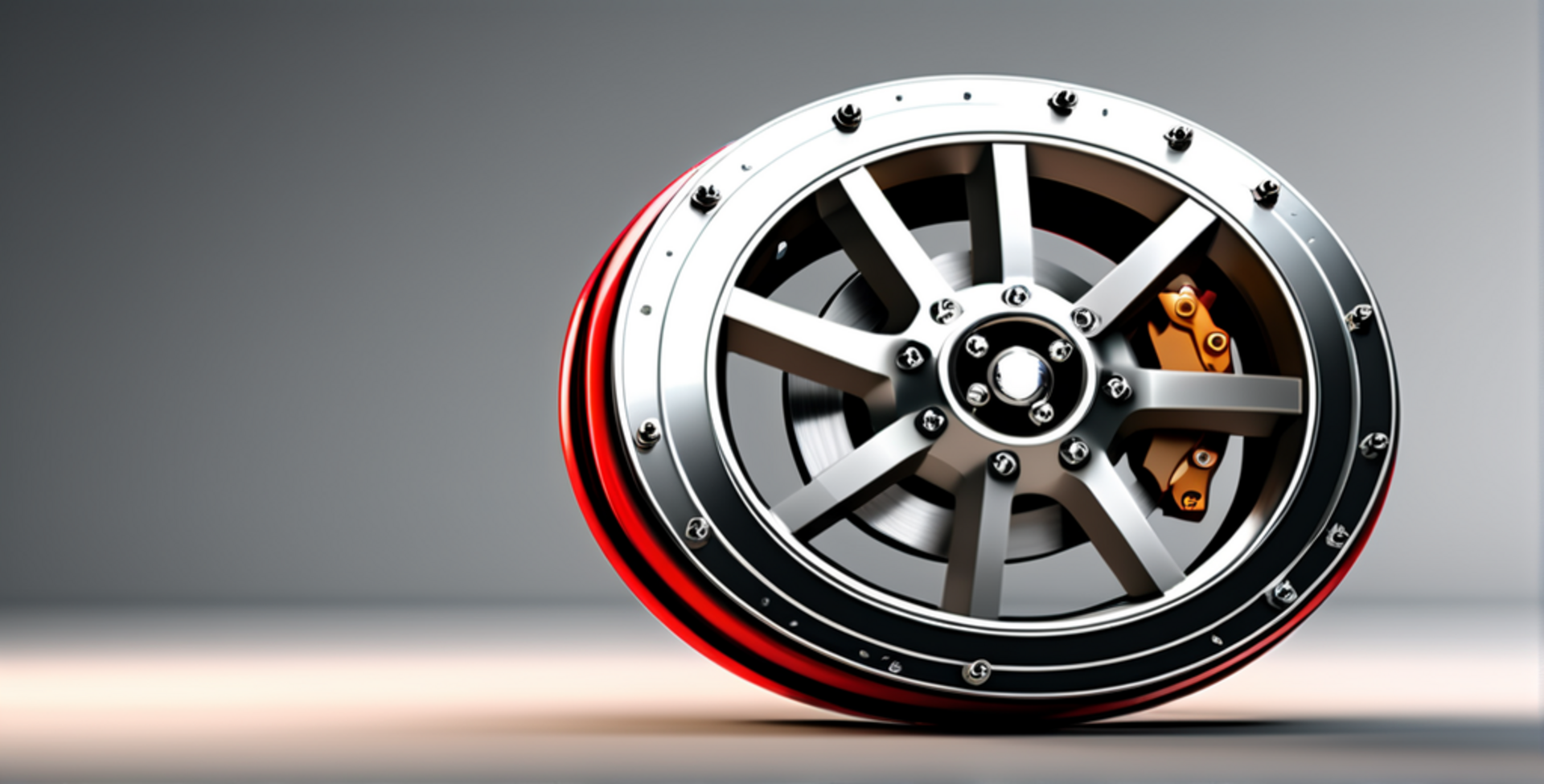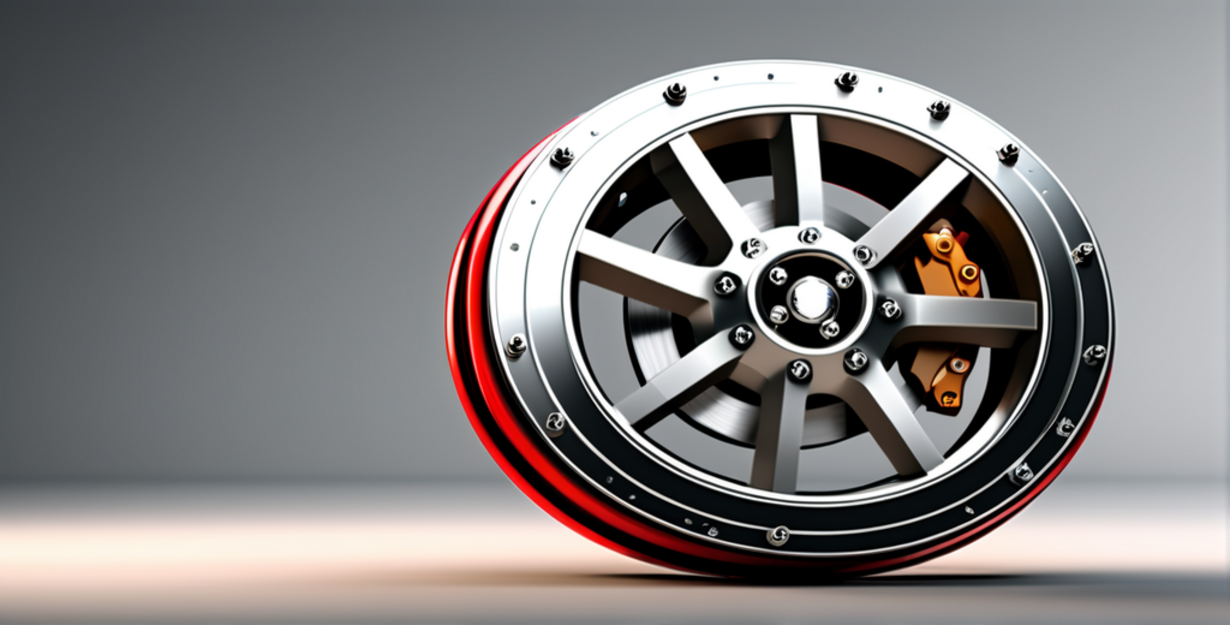Episode 109: Wheel hub motors in e-cars?

Some of today's electric cars contain very different types of motor. Apart from the power rating (in kW), hardly any electric car buyers are interested in the motor, its architecture or even how it works. And there is a good reason for this: as an electric car driver, the differences are often difficult to spot. Only real experts can often tell whether a synchronous (PMSM/FESM/reluctance) or asynchronous machine (ASM) is installed.
Today's podcast episode with Prof. Martin Doppelbauer (KIT) again deals with types of electric motors. You can find the first episode with Prof. Doppelbauer here: geladen.podigee.io/85-plugin-hybrid-autos
Listener questions for today's podcast:
1) "What is the difference between asynchronous motors or synchronous motors?"
2) "Which of these motor types has more advantages in electric cars?"
3) "Has the electric motor been fully researched?"
4) "With the I2SM, ZF is developing a separately excited synchronous motor without magnets and rare earths. What are the chances that German companies will export the electric motors to the world?"
5) "Will the 800V technology, in contrast to the 400V architecture, change anything with regard to electric motors?"
6) "Handelsblatt: Mercedes wants to outdo suppliers. (12.09.23)"
7) "Do we really have enough copper to build all the e-cars?"
8) "The Aptera E has two wheel hub motors: Is it inconceivable that the wheel hub motors are coming?"
9) "Continental and the start-up DeepDrive are developing an economical wheel hub drive with integrated brakes. (2023)"
10) "Will wheel hub motors perhaps be found in electric tractors? Why not in trucks?"
11) "Reluctance motor: Tesla has combined an R. motor with a permanent magnet motor and thus even combined the advantages of asynchronous and permanent magnet motors."
12) "Would axial flux motors be conceivable without permanent magnets?"
13) "MIT and Collin Aerospace are currently developing very powerful electric motors. How scalable are electric motors?"

